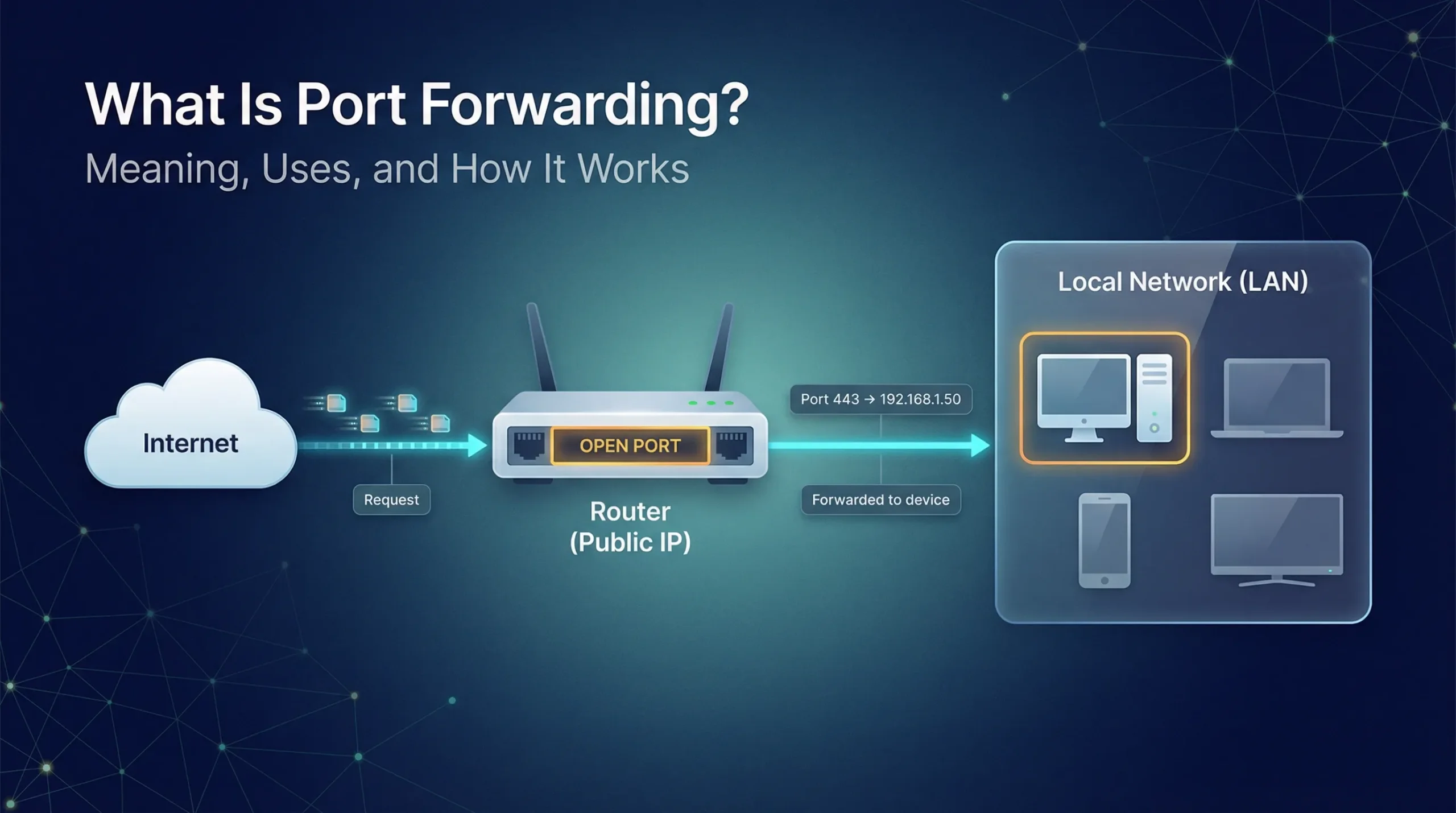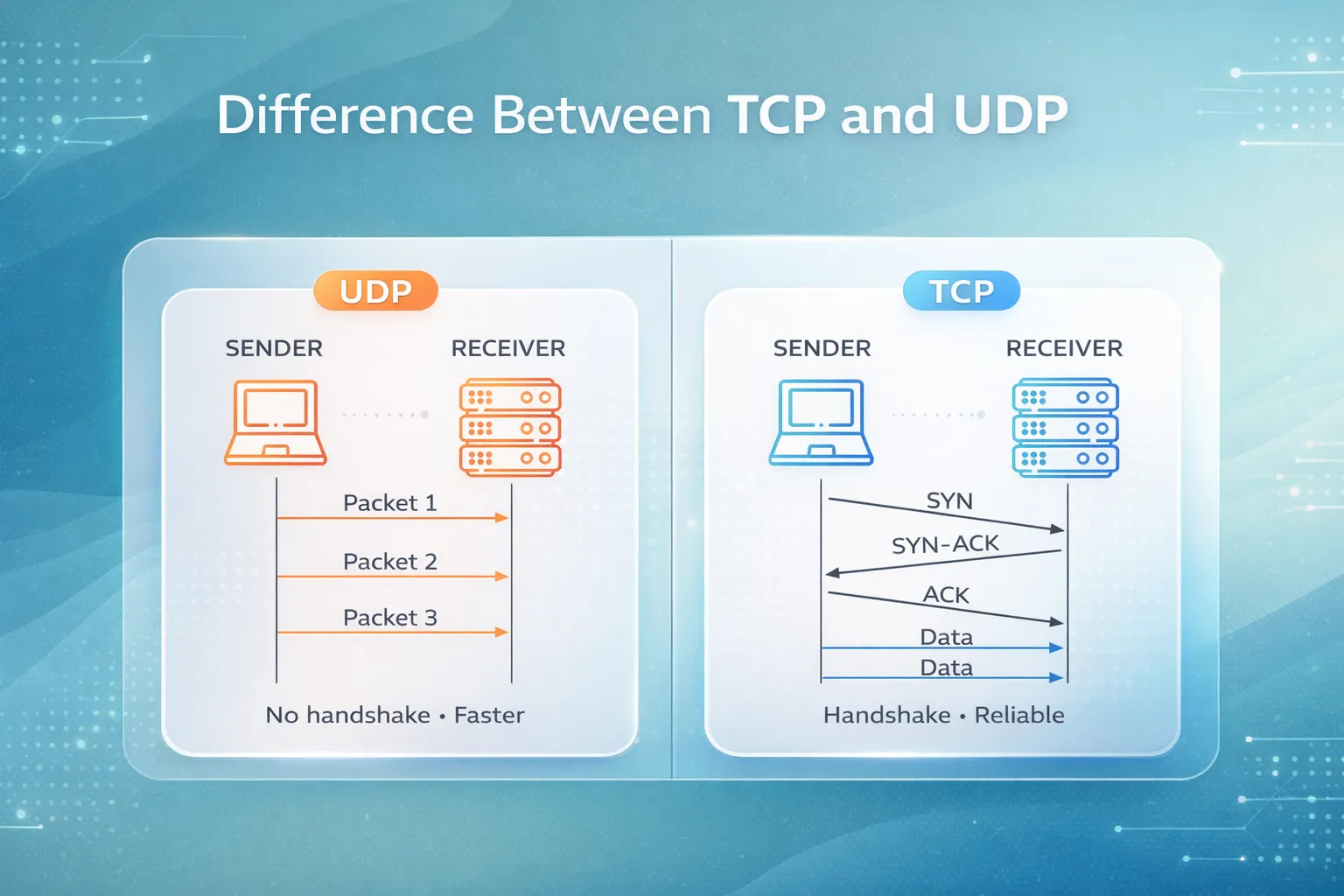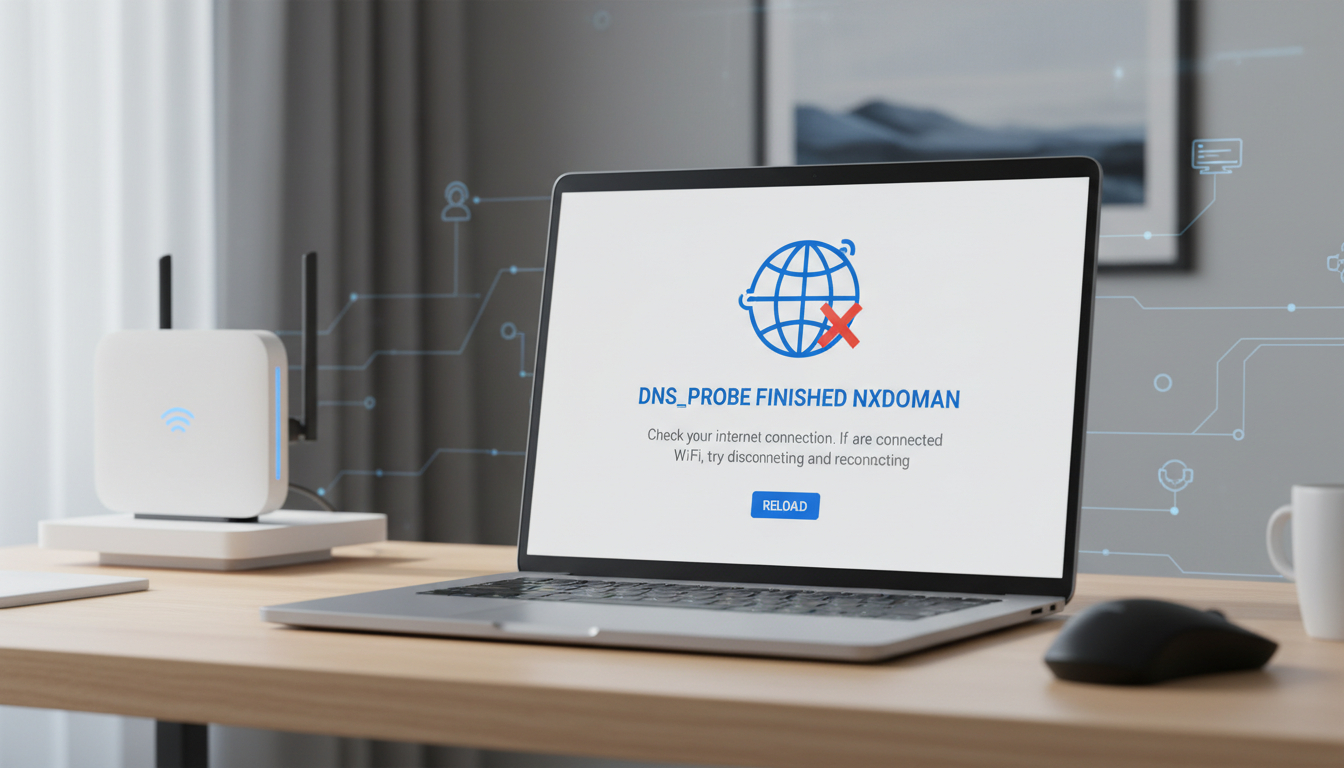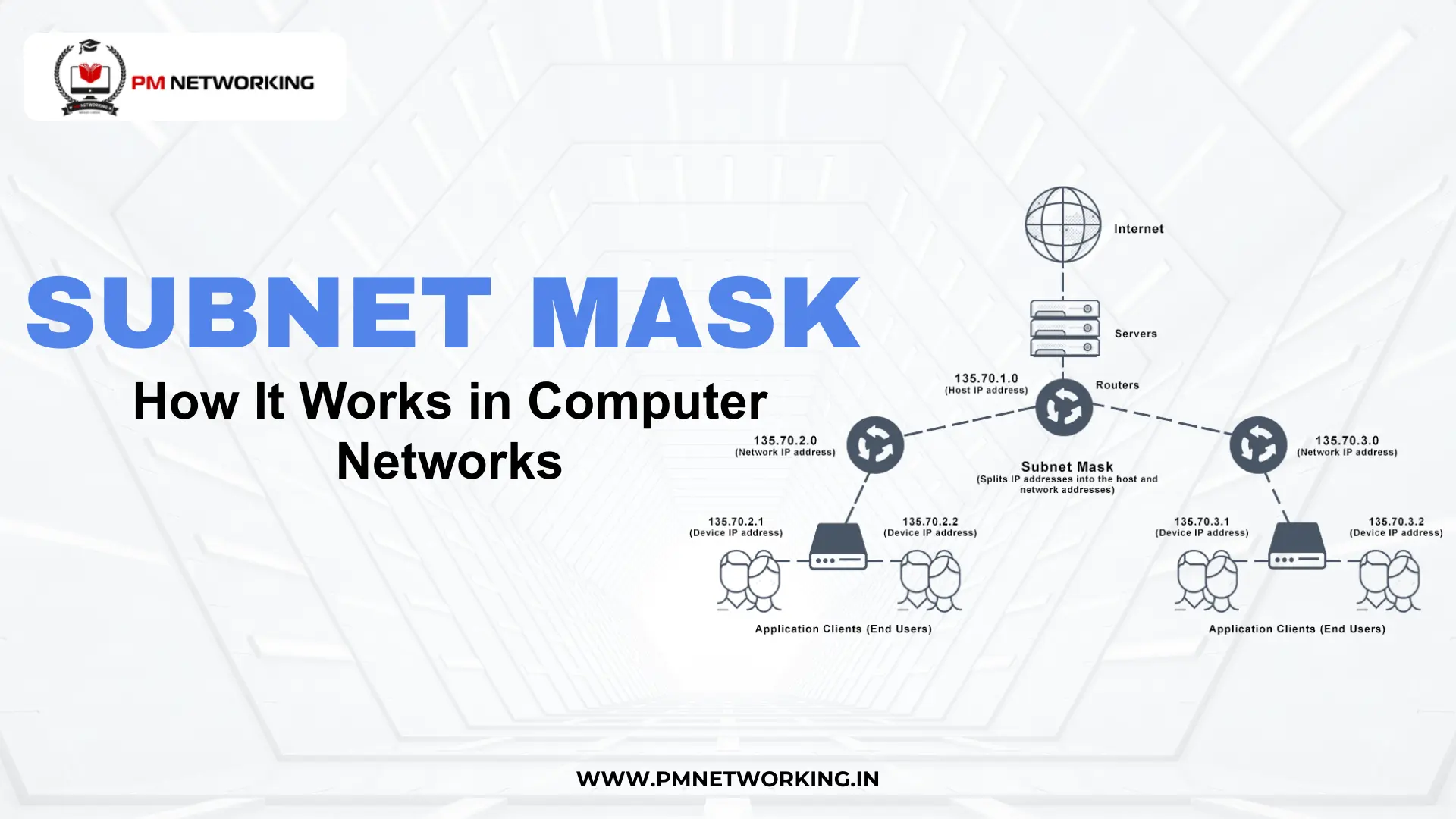
As interconnectedness grows, so does the opportunity for perpetrators to steal, harm, or destroy. A growth in cybercrime has increased the demand for cybersecurity personnel.
Practical cybersecurity skills are becoming more valuable in 2025. If you want to be effective and grow in this discipline, you must be able to defend yourself against such attacks. Choosing the correct cybersecurity course will set you on the right track. Whether you are a recent graduate entering the sector or a professional looking to specialize and advance, choose a course that is appropriate for your experience and career goals to ensure that you have plenty of work prospects. So, let’s look at some of the best cyber security courses in 2025.
1. Certified Information Security Manager (CISM)
CISM is a great certification for those wishing to advance from a technical cybersecurity role into one of management. It focuses on the areas of governance, risk management, and incident handling.
Cost:
- ₹47,141 ($575 USD) for members
- ₹62,320 ($760 USD) for non-members
Requirements:
- 5+ years of experience in information security management (can be reduced with a degree or other certifications).
Potential Job Roles & Salaries:
| Role | Salary Estimate |
| IT Manager | ₹12L |
| Information Security Officer | ₹13L |
| Director of Information Security | ₹37L |
2. Certified Information Systems Auditor (CISA)
The CISA certificate offered by ISACA focuses on auditing and assessing security vulnerabilities, establishing security control measures, and ensuring compliance with security guidelines.
Cost:
- ₹47,141 ($575 USD) for members
- ₹62,320 ($760 USD) for non-members
Requirements:
- 5 years of experience in IT, security audits, or information systems.
- Degree may replace some years of experience.
Potential Job Roles & Salaries:
| Role | Salary Estimate |
| IT Audit Manager | ₹20L |
| Information Security Analyst | ₹6L |
| IT Security Engineer | ₹5.51L |
| Compliance Program Manager | ₹24L |
3. Certified Information Systems Security Professional (CISSP)
The CISSP certification issued by (ISC)² is widely-recognized in the information security world. It proves one has the skills to design, carry through, and manage any security audit program.
Cost:
₹61,409 (or $749 USD)
Requirements:
- 4-year degree in computer science (or similar).
- 5+ years of experience in at least 2 of the following areas:
- Security & Risk Management
- Asset Security
- Network Security
- Identity & Access Management
Potential Job Roles & Salaries:
| Role | Salary Estimate |
| Chief Information Security Officer (CISO) | ₹76L |
| Security Administrator | ₹9.96L |
| IT Security Engineer | ₹5.51L |
| Senior Security Consultant | ₹13L |
4. CompTIA Security+
CompTIA Security+ is a basic-level certification, aimed at demonstrating your knowledge of basic security concepts in a wide range of areas including network security, risk management, and threat detection.
Cost:
₹30,338 ($370 USD)
Requirements:
- No formal prerequisites, but having IT experience or completing CompTIA’s Network+ certification is recommended.
Potential Job Roles & Salaries:
| Role | Salary Estimate |
| Systems Administrator | ₹4.5L |
| Security Administrator | ₹9.96L |
| Cloud Engineer | ₹6L |
5. Certified Ethical Hacker (CEH)
The CEH certification develops the ethical hacking skills to think like a hacker proactively in order to identify and fix security vulnerabilities.
Cost:
₹98,295 ($1,199 USD)
Requirements:
- 2 years of experience in information security or complete official EC-Council training.
Potential Job Roles & Salaries:
| Role | Salary Estimate |
| Penetration Tester | ₹5.07L |
| Threat Intelligence Analyst | ₹8.87L |
| Cloud Security Architect | ₹12L |
6. GIAC Security Essentials Certification (GSEC)
An entry-level certification, GSEC is ideal for those who possess a background in IT. It includes training on core skills such as incident responses, cryptography, and network security.
Cost:
₹204,879 ($2,499 USD) – includes practice tests
Requirements:
- No specific requirements, but having some experience in IT or networking is helpful.
Potential Job Roles & Salaries:
| Role | Salary Estimate |
| Penetration Tester | ₹5.07L |
| IT Auditor | ₹8.65L |
| Security Administrator | ₹9.96L |
7. GIAC Certified Incident Handler (GCIH)
GCIH certification is meant to be pursued by professionals in incident response. The scope of this certification will encompass incident handling, attack detection, and response methods.
Cost:
₹204,879 ($2,499 USD) – includes practice tests
Requirements:
- No formal prerequisites, but knowledge of security principles and networking protocols is recommended.
Potential Job Roles & Salaries:
| Role | Salary Estimate |
| Security Architect | ₹21L |
| System Administrator | ₹4.5L |
8. CompTIA Advanced Security Practitioner (CASP+)
CASP+ is for cybersecurity professionals with vast experience in diving deeper into advanced security topics such as cloud technologies, risk management, and cryptography.
Cost:
₹38,203 ($466 USD)
Requirements:
- 10+ years of IT experience, including 5 years of hands-on security experience.
Potential Job Roles & Salaries:
| Role | Salary Estimate |
| Security Architect | ₹21L |
| Vulnerability Analyst | ₹9.5L |
| Application Security Engineer | ₹9L |
9. Systems Security Certified Practitioner (SSCP)
The SSCP is an intermediate-level certification for IT professionals who want to prove their skills in maintaining secure IT systems and infrastructure.
Cost:
₹20,413 ($249 USD)
Requirements:
- 1+ year of work experience in security-related tasks (or a relevant degree).
Potential Job Roles & Salaries:
| Role | Salary Estimate |
| Network Security Engineer | ₹6.12L |
| Security Analyst | ₹5.7L |
| Database Administrator | ₹7.2L |
Which Cybersecurity Course is Right For You?
So, to choose the right cybersecurity in 2025, you must consider these points:
Interest Area: Before enrolling in any cybersecurity course, you must first identify your particular area of interest. If you’re just starting out in cybersecurity or would like to advance to a senior position, a more generic certification may be a good idea. As you advance in your career, you may decide to specialize. Certification in your chosen area can help potential employers notice your skills.
Expertise: Begin with a certification that reflects your present level of expertise. Put your money into a certification that you know you can complete and utilize as you progress to more difficult certifications later in your profession.
Cost: Obtaining certification often costs a couple of hundred dollars (or even more), including additional expenses for maintaining it. The correct training can lead to improved work opportunities and higher wages, but spending carefully is essential.
Conclusion
These cybersecurity courses and certifications are important stepping stones in the cyber security industry. regardless of whether you’re just getting started or want to advance, there’s a path for you. Get certified today to improve your skill set, open up new employment prospects, and contribute to the security of digital environments!
Frequently Asked Questions (FAQs)
Q. What is cybersecurity?
Cybersecurity safeguards computers, networks, and data against theft, damage, loss, or unauthorized access.
Q. How do I start a career in cybersecurity?
Start by taking beginner-level cybersecurity courses and earning certifications like CompTIA Security+ to build foundational skills.
Q. Which certification is most suitable for beginners?
For starters, CompTIA Security+ is the best option, as this certification focuses mainly on core knowledge and skills in various aspects of cybersecurity.
Q. How long does it take to do a cybersecurity course?
The cybersecurity course can run for as little as some weeks to as long as some months, depending on the depth and certification level.
Q. Do I need a degree to get into cybersecurity?
While a degree can be helpful, many cybersecurity jobs just need certifications and experience to start.
Source: coursera.org







0 Comments